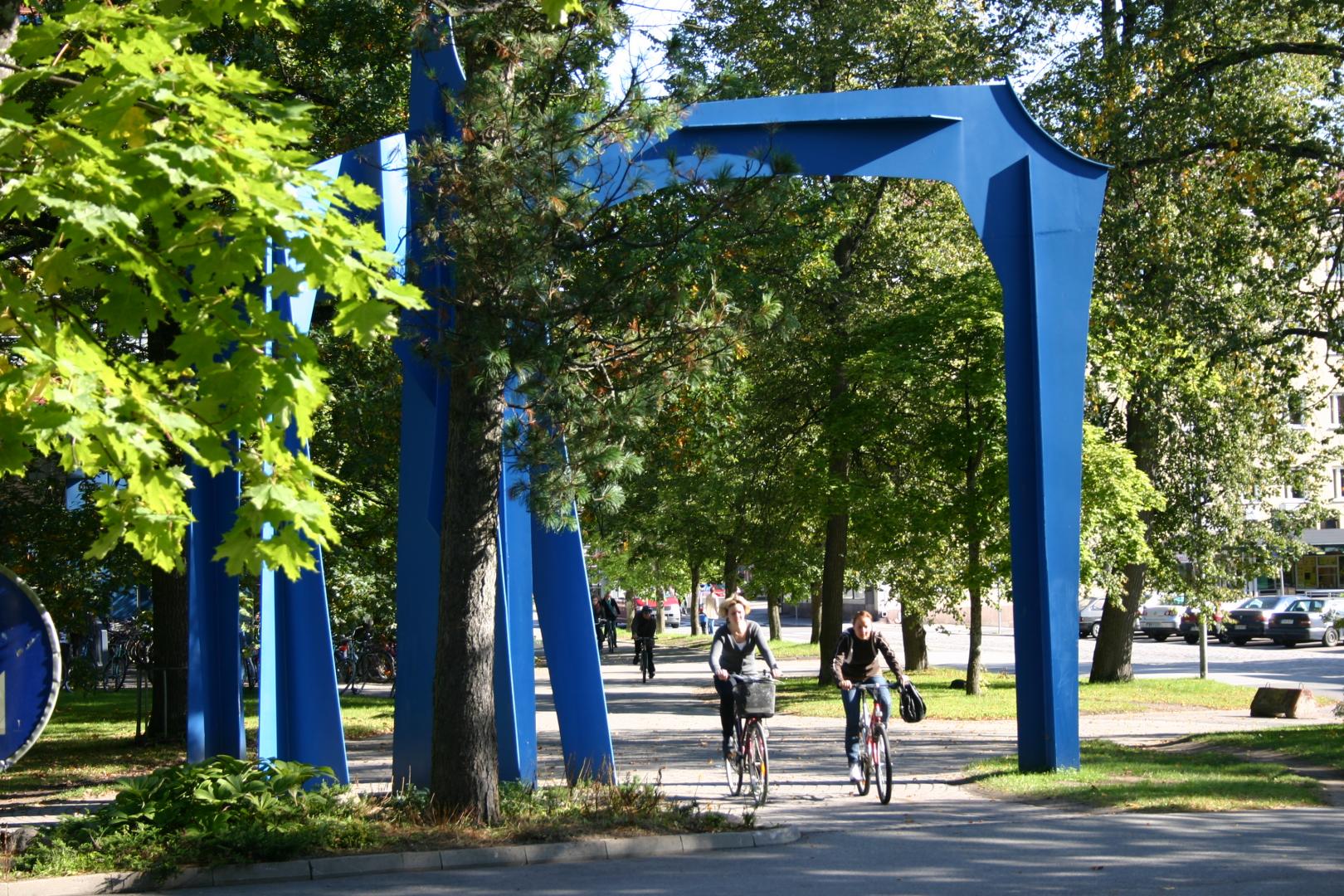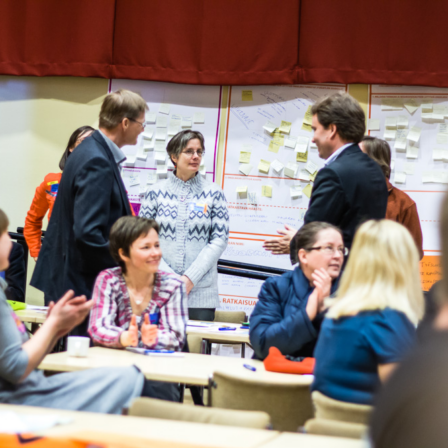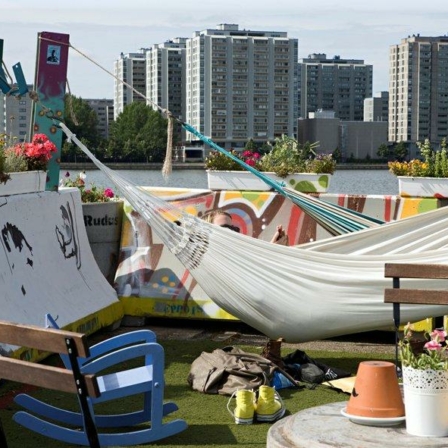The residents of the central Finnish city of Jyväskylä have been offered an incentive to leave the car at home – a day of free bus rides.
The city’s Jyväskylän Liikenne offered the service as part of a trial during European Mobility Week (16-22 September). On Saturday 22nd, all bus trips within the city were free of charge. The trial, funded and supported by Sitra, follows research which showed that 55 per cent of Jyväskylä townsfolk use public transport less than once a week.
The survey, done for Sitra by TNS Gallup, also revealed that 23 per cent of people in Jyväskylä never use public transport at all.
“By ditching your car and taking the bus, you will only generate a quarter of the carbon dioxide you would by using a car,” says Sitra specialist Hanna-Leena Ottelin, who is responsible for the practical tests. “Of course, cycling and walking are also the best possible options for reducing emissions, while increasing daily exercise.”
In light of this, another Jyväskylä-based campaign has been showcasing the benefits of pedal power and sustainable mobility for people in Jyväskylä. Naurattavat matkat (Laughing tours) is organised by the Jyväskylä cycling club, with the purpose of getting more people to use their bicycles more often. It includes a competition in which participants can recount stories about the ridiculously short car trips they make and get the chance to win a cargo bike.
In Mälmö, Sweden, a similar competition helped make cycling more popular and lower the percentage of car trips of under five kilometres from 50 to 38 per cent. The Jyväskylä cycling club estimates that, in Jyväskylä, as a percentage of all trips made by car, roughly 20 per cent are under 2.5 kilometres.
Waste not, want not
Sitra will be carrying out a total of 15 trials in Jyväskylä before the end of 2013, all designed to encourage sustainable living and make people think about the waste they generate. The overall aim of the tests is to create new ways of saving natural resources, cutting emissions and improving well-being.
One pilot project has already proved to be so successful it’s being extended indefinitely. The food waste pilot involved selling on leftovers from restaurants and supermarkets and was organised by the Jyväskylä city catering service, Kylän Kattaus. Test runs carried out at Keljo sheltered housing and Vaajakumpu school looked to reduce biowaste, by cutting back the amount of food thrown away. In the sheltered housing, serving leftover food for one euro after lunchtime led to fewer paying customers during the actual lunch service. At the school too the experiences were highly positive: on average, twenty people a day bought a leftover lunch.
“These tests helped to reduce the amount of waste destined for landfill, and have provided positive publicity for school food,” says Paula Puikkonen, Service Manager and Environmental Officer at Kylän Kattaus. “In addition, some residents had the opportunity to eat healthy and inexpensive food, while being given a reason to get out of the house and meet people. At the same time, the families of our pupils were provided with information on the food served at school,” she says.
Kylän Kattaus has calculated that if the testing were expanded to all sheltered housing and schools run by the City of Jyväskylä, food waste would fall by more than 50,000 meals a year.
Help in the community
In another pilot project, in the village of Korpilahti, the Lähiapu (local services) concept involved the village nurse and one home-help worker providing assistance to local residents in the form of healthcare, childcare, daily chores and offering car rides. Dozens of villagers took up the offer.
And another sustainable project, held at the end of August, attracted over three thousand visitors. The Korjaustori (Repair market), held at Toivolan Vanha Piha, was an event built around the idea of prolonging the life cycle of goods. The Korjaustori allows people to meet artisans who will repair various items, such as clothes, shoes and machines.
Practical testing of this kind is aimed at creating a network of local repair industry professionals and companies. Making repair services easy to find encourages residents and consumers to have a product fixed rather than throw it away. Three repair market events will be run in total, to identify and establish a network of entrepreneurs interested in the concept, and to gauge the customers’ expectations of repair services.
All the trials listed above are part of Sitra’s ongoing Towards resource wisdom project. Please visit Sitra’s web pages on resource wisdom to learn more.
The next Korjaustori event will be held in Toivolan Vanha Piha, in the centre of Jyväskylä, on 26 October 2013.





Recommended